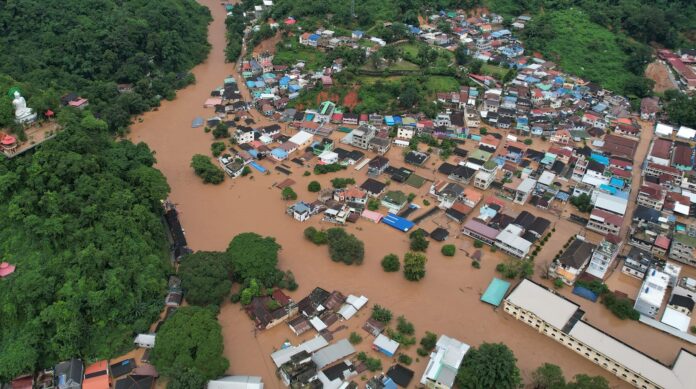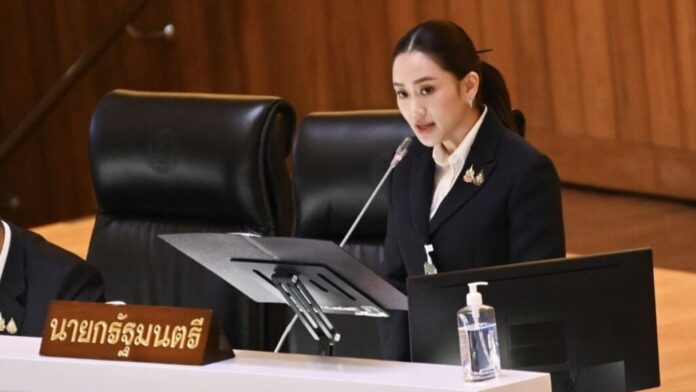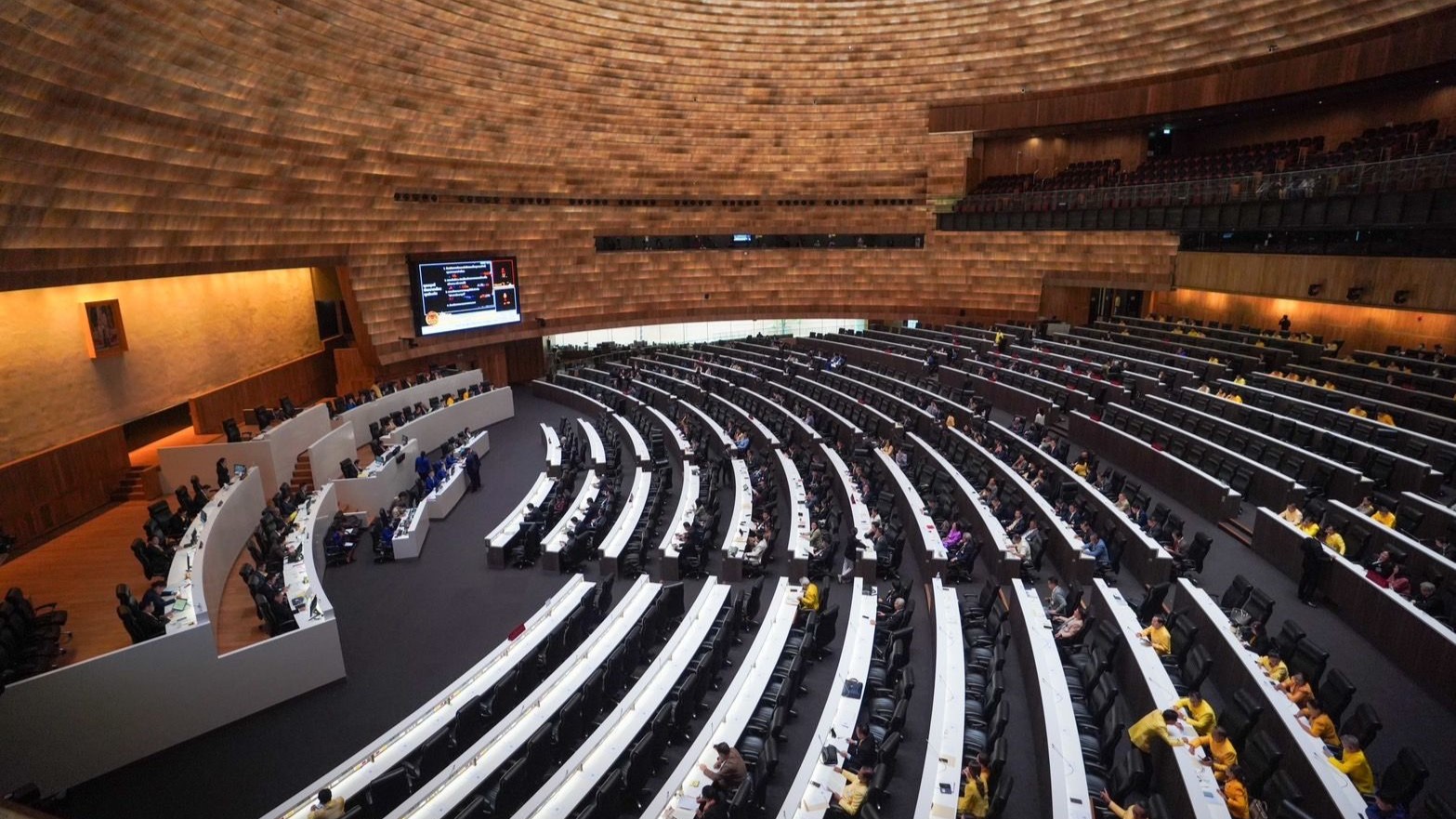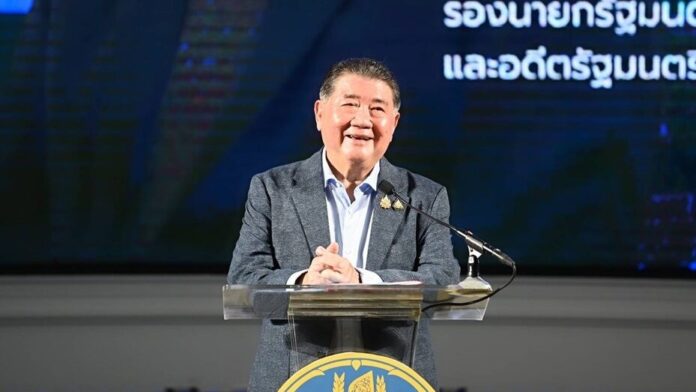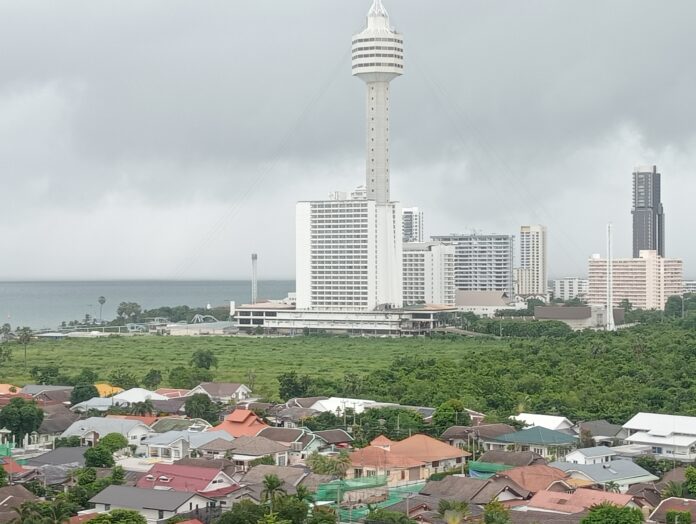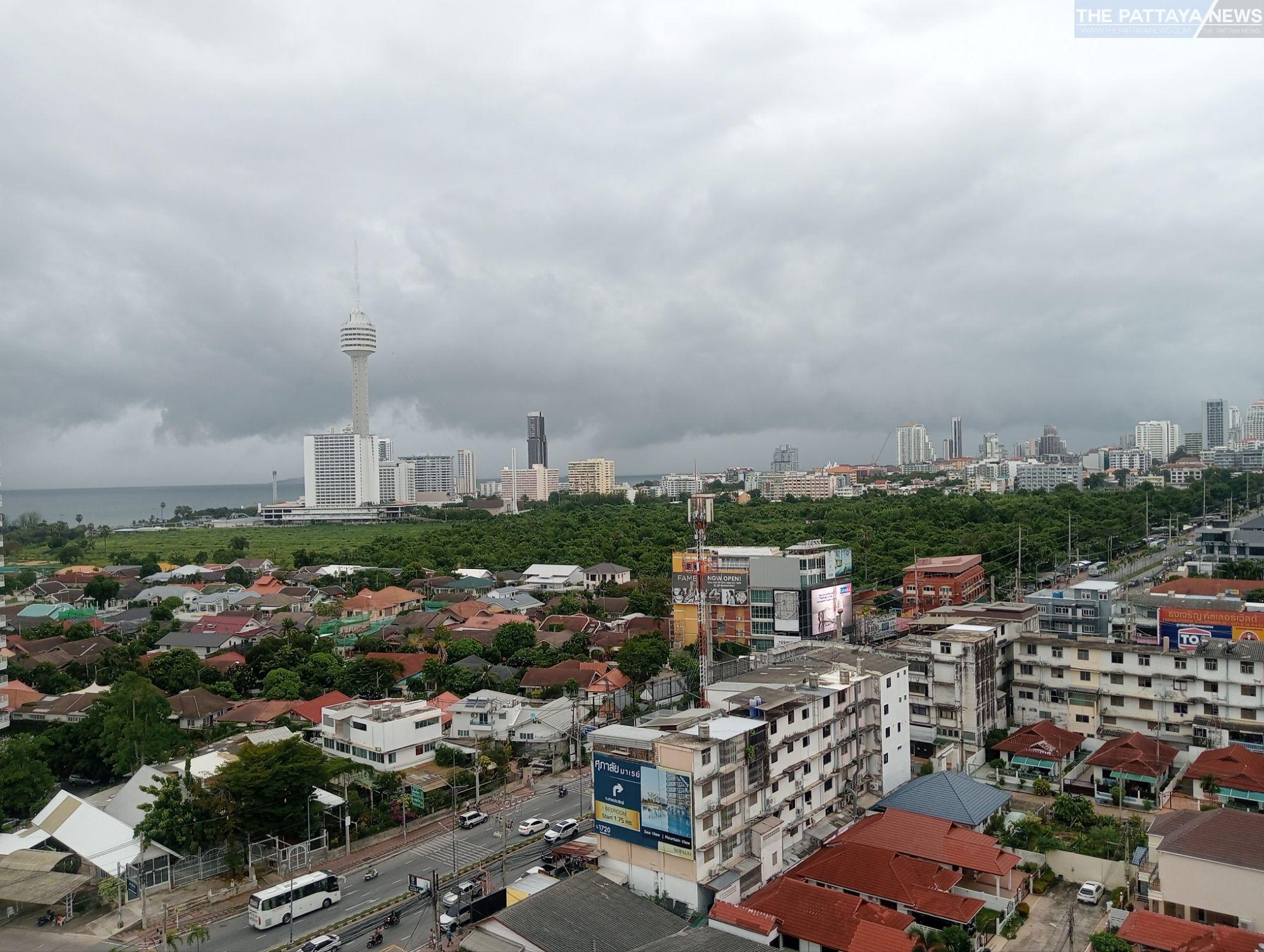The Ministry of Interior of Thailand has issued four major announcements on new visa measures since July 15, 2024. These measures are intended to enhance the tourism industry, attract foreign investment, and bolster local businesses and communities.
New Visa Categories and Extensions:
1. Destination Thailand Visa (DTV): Designed for digital nomads, remote workers, freelancers, and those interested in Thai cultural activities. It is valid for five years and allows multiple entries, with each stay up to 180 days.
This visa can be renewed for an additional 180 days within Thailand. Spouses and children under 20 years old can also apply for dependent DTV visas.
2. Extended Visa-Free Period: Visitors from 93 nationalities now enjoy an extended visa-free stay from 30 to 60 days, encouraging longer tourist and short-term business visits.
3. Expanded Visa on Arrival: Additional nationalities are eligible for visas on arrival, increasing the total to 31 nationalities.
4. New Student Visa (ED-Plus): Aimed at undergraduate and higher-level students, this visa allows them to stay and seek employment in Thailand post-graduation.
Work and Legal Considerations:
The DTV visa is a significant step forward for digital nomads and remote workers. However, foreigners must adhere to the Foreigner's Working Management Law.
The law defines 'work' as any occupation, regardless of employer nationality. Therefore, activities potentially affecting Thai job markets may require a work permit, even if the work is for an overseas employer.
Clear guidelines from the Department of Employment (DOE) are anticipated to ensure compliance and build confidence among foreign workers.
Short-Term Business Activities:
With the visa-free period extended to 60 days, short-term business travelers must carefully evaluate their activities to ensure they do not constitute 'work' under the law.
Specific activities may require regular or urgent work permits, initially valid for 15 days and extendable for another 15 days.
Activities considered urgent or specific work include organizing conferences, conducting academic lectures, temporary internal audits, quality inspections, and machinery installation.
These measures ensure that while foreigners can take advantage of Thailand's extended visa privileges, they comply with local employment laws. This ensures legal security and protects Thai citizen jobs.
These comprehensive visa updates mark Thailand's steps to attract foreign talent and investment, enhancing its international appeal and economic growth while maintaining a regulated work environment, reported The Nation.
Picture courtesy: Daily Post
-- 2024-09-16




